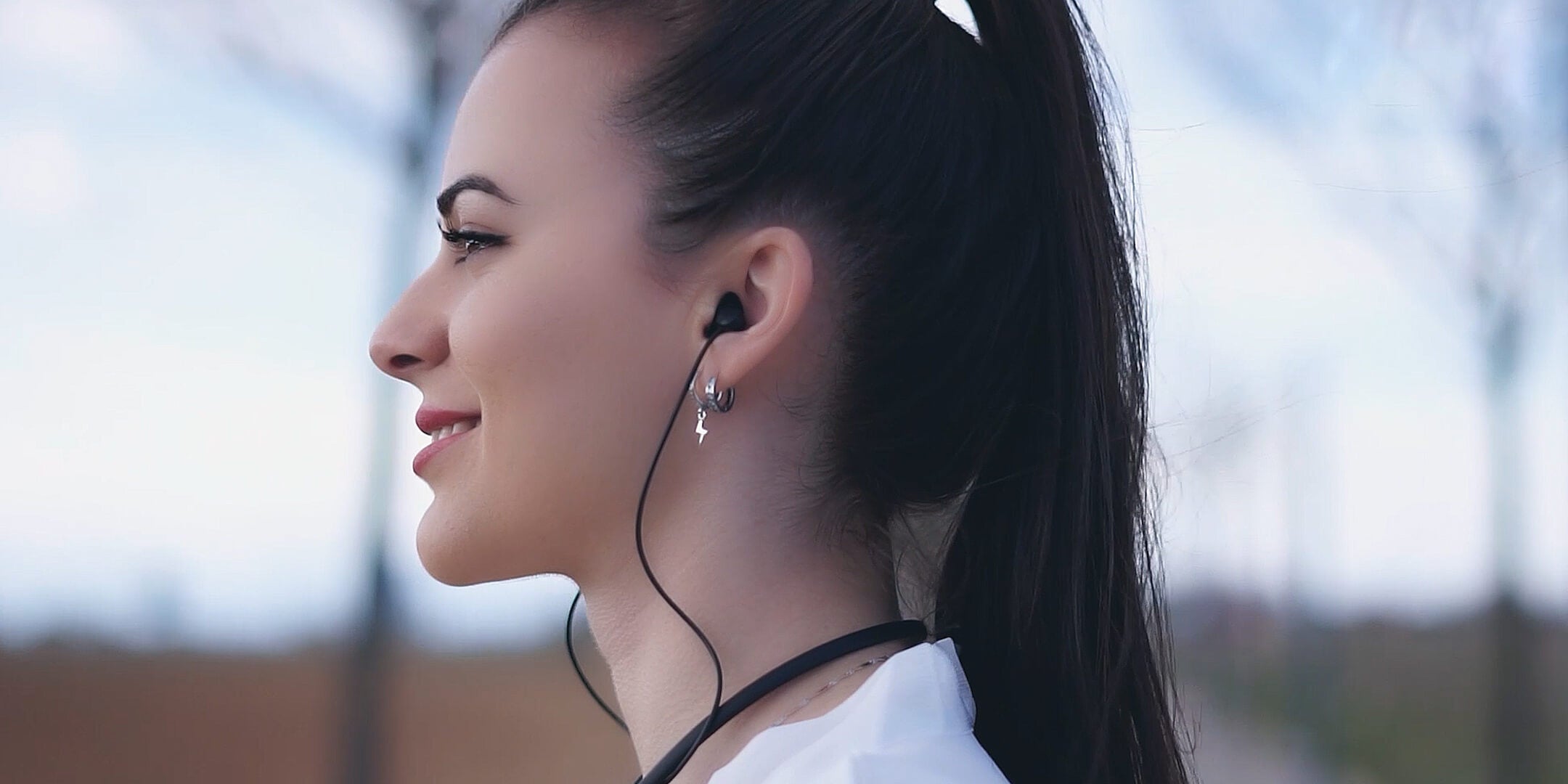When it comes to protecting our ears, finding the right ear plug is crucial. Whether you work in a noisy environment, attend loud concerts, or simply want to block out snoring at night, choosing the right ear plug can make a significant difference in your comfort and overall well-being. In this comprehensive guide, we will explore the various factors to consider when selecting the perfect ear plug for your needs.
Understanding Noise Reduction Rating (NRR)
One of the most important factors to consider when choosing an ear plug is its Noise Reduction Rating (NRR). The NRR indicates the level of noise reduction provided by the ear plug in decibels (dB). The higher the NRR, the greater the noise reduction. For example, an ear plug with an NRR of 33dB will provide more noise reduction than one with an NRR of 20dB. It is essential to assess your specific needs and the noise levels you will be exposed to in order to select an ear plug with an appropriate NRR.
Types of Ear Plugs
There are several types of ear plugs available, each designed to cater to different needs and preferences. Foam ear plugs, for instance, are affordable and provide excellent noise reduction. They are easy to insert and mold to the shape of your ear canal. On the other hand, silicone ear plugs are reusable and offer a comfortable fit. They are ideal for individuals who need to wear ear plugs for extended periods. Other options include wax ear plugs, custom-molded ear plugs, and electronic ear plugs. Consider your specific requirements and preferences when selecting the type of ear plug that suits you best.
Finding the Right Fit
Ensuring a proper fit is crucial for the effectiveness of an ear plug. If an ear plug is too loose, it may not provide adequate noise reduction, while one that is too tight can cause discomfort and pain. To find the right fit, it is recommended to try different sizes and types of ear plugs. Foam ear plugs, for example, should be rolled into a thin cylinder before insertion. Once inserted, hold the ear plug in place until it expands to fill the ear canal. This will create a secure and comfortable fit, ensuring optimal noise reduction.
Consider Your Specific Needs
When choosing an ear plug, it is important to consider your specific needs and the environment in which you will be using them. If you are a musician, you may require ear plugs that reduce noise while maintaining sound quality. In this case, musician ear plugs with special filters can be a great option. If you are a swimmer, waterproof ear plugs that keep water out of your ears may be more suitable. By understanding your unique requirements, you can select an ear plug that addresses your specific needs effectively.
Remember, finding the right ear plug is a personal journey. What works for one person may not work for another. It is essential to experiment with different types, sizes, and materials to find the perfect fit for your ears and lifestyle. By following this comprehensive guide to choosing the right ear plug for your needs, you can protect your hearing and enjoy peace and tranquility in any environment.
